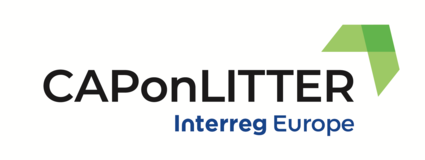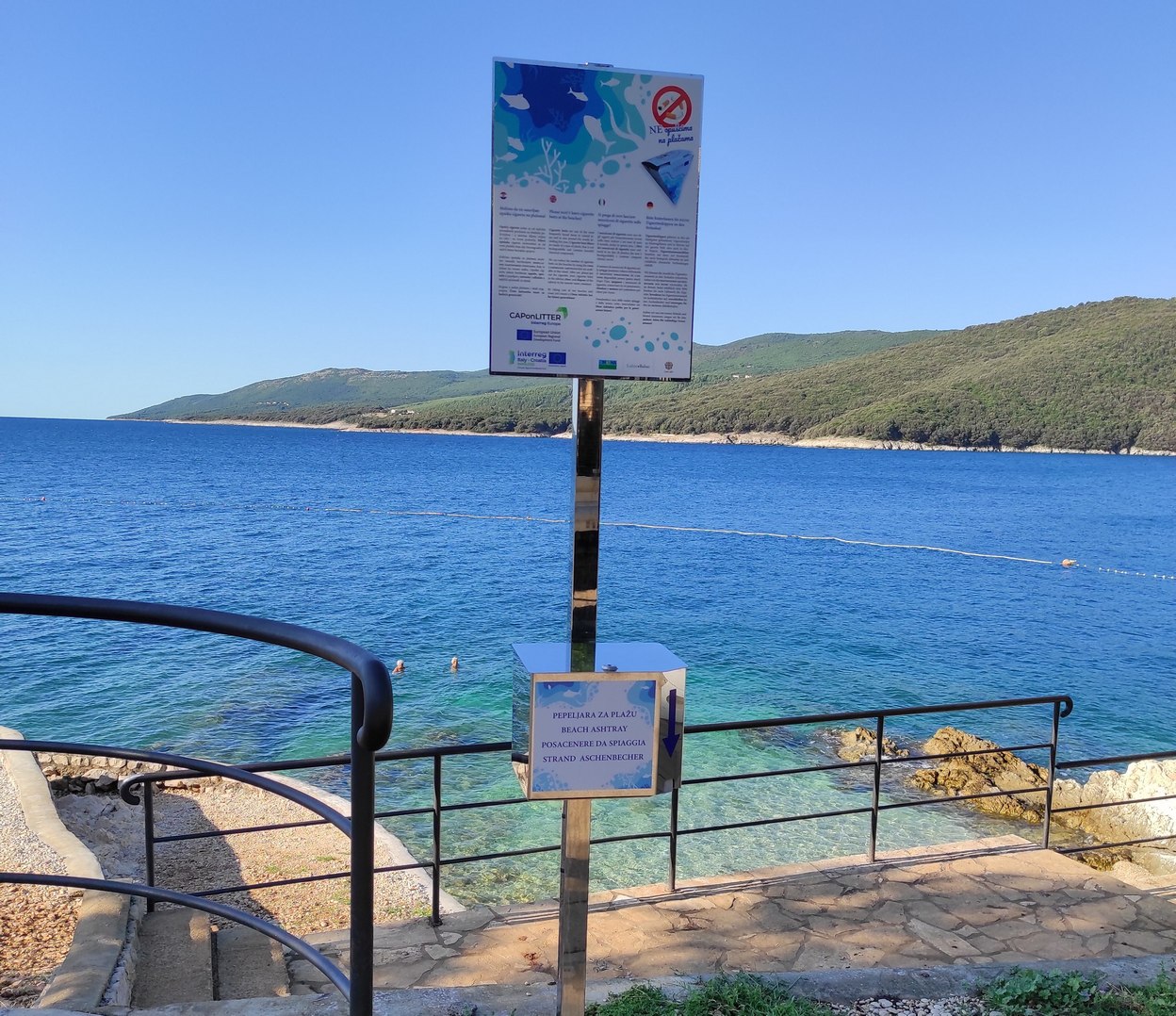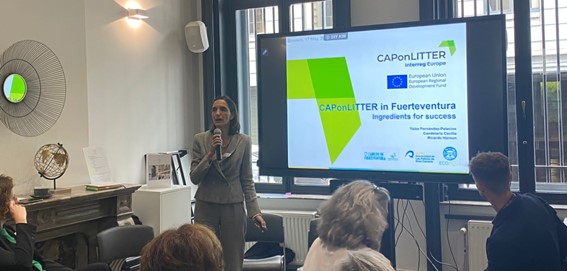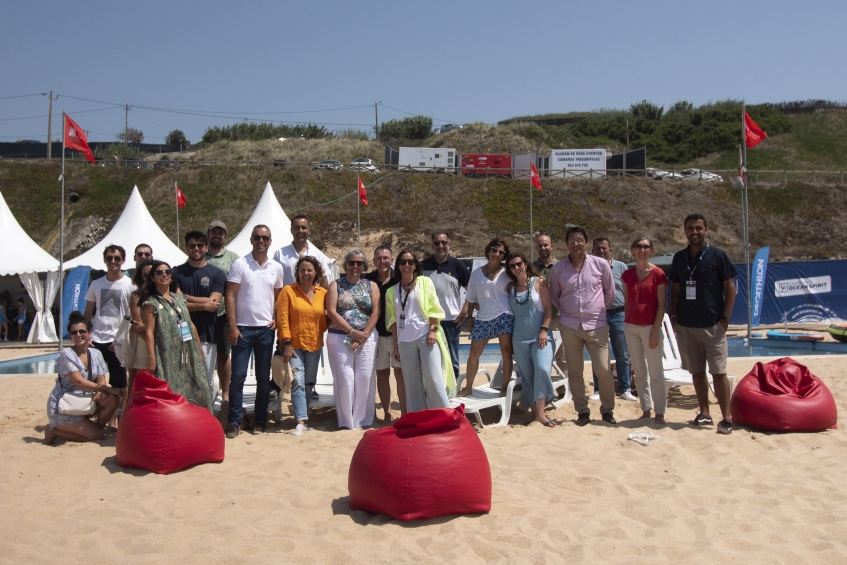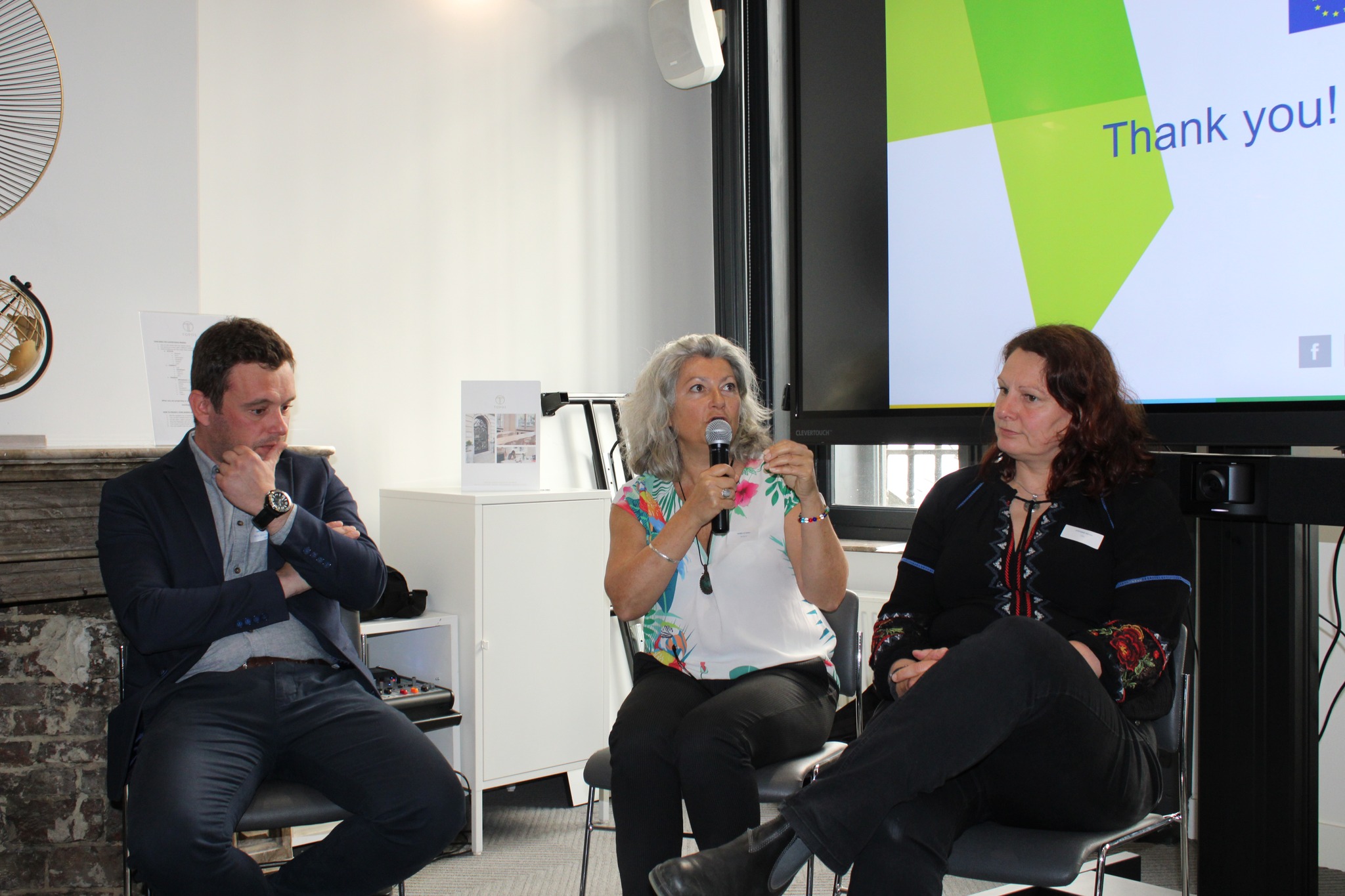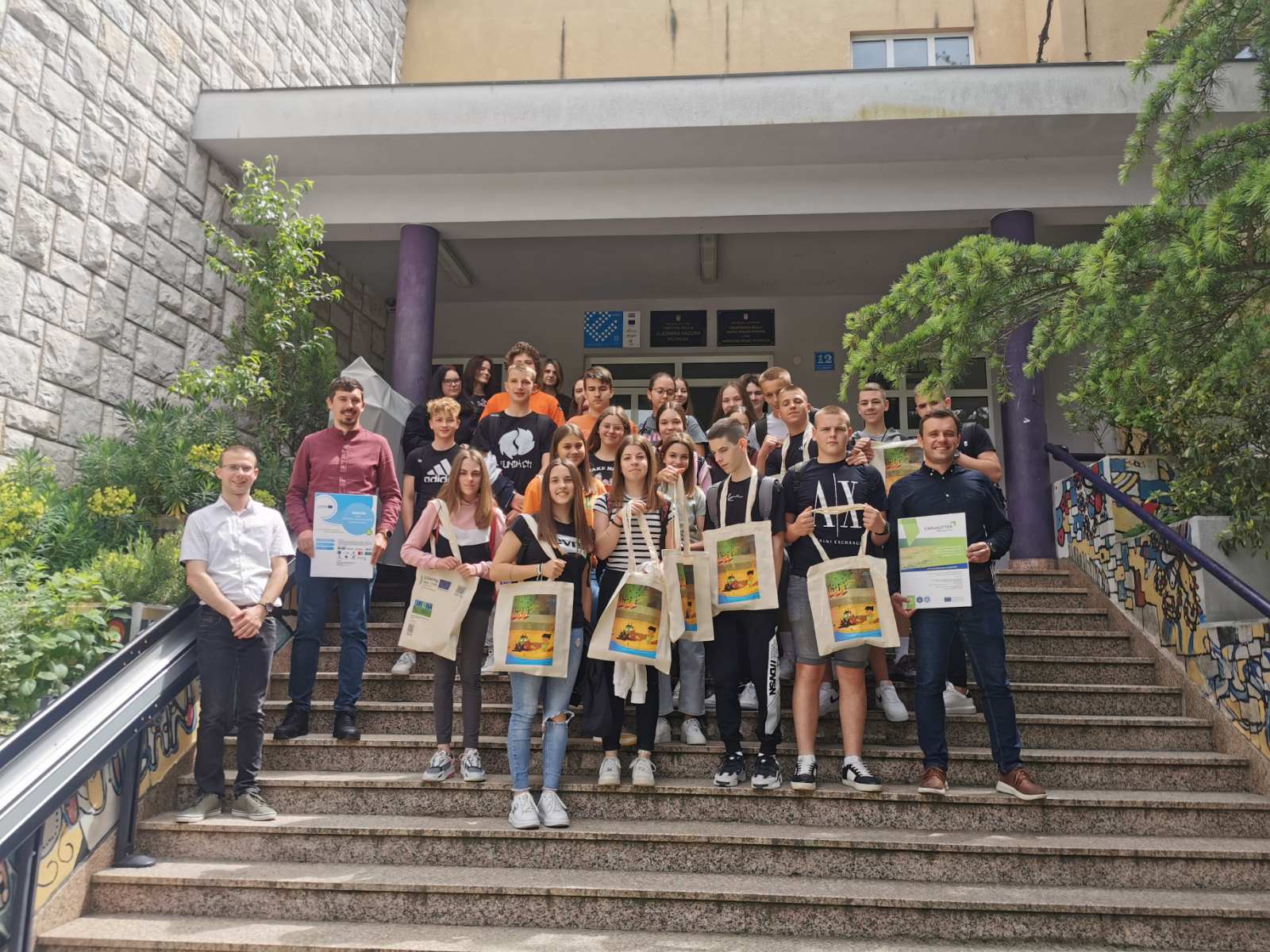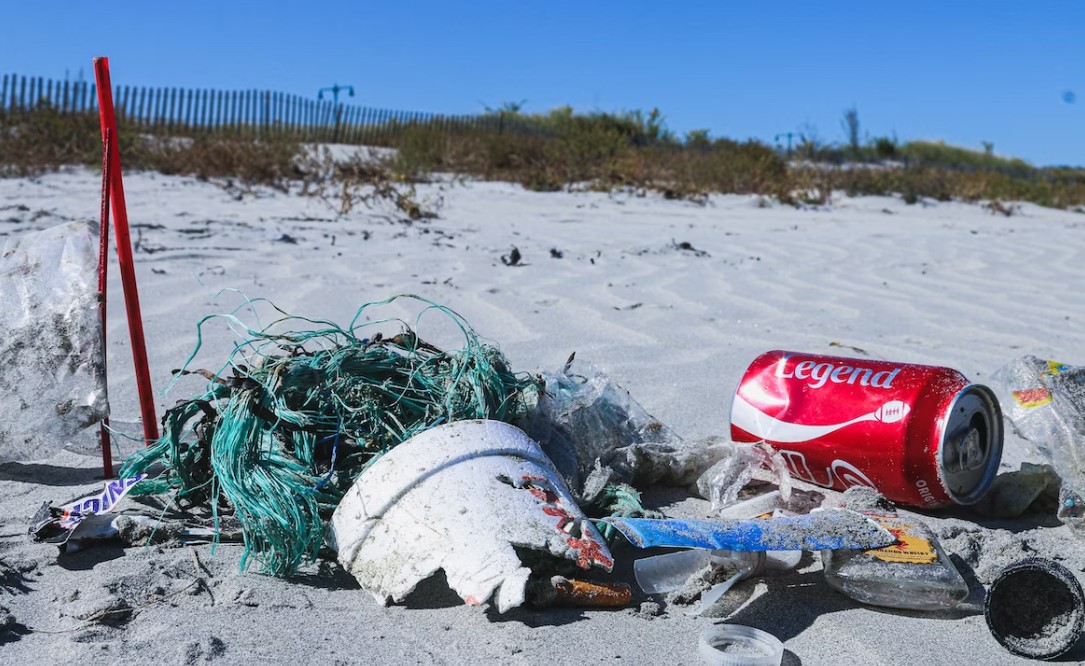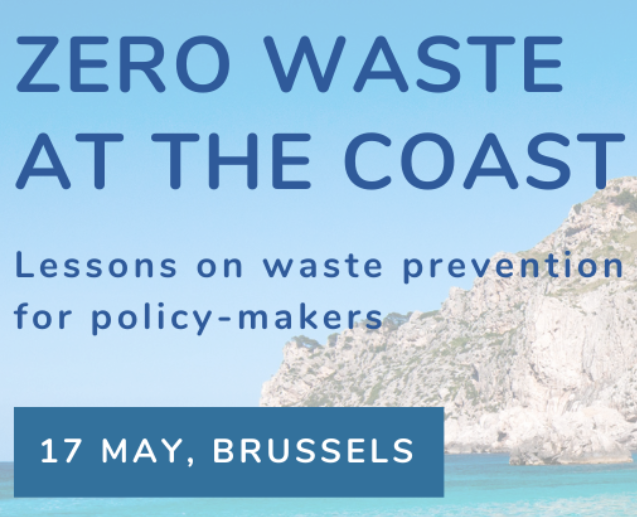Larissa Capello is the Consumption & Production Campaigner at Zero Waste Europe, an advisory partner in the CAPonLITTER project. Larissa was one of the authors of a recent policy briefing that examined the case for continuing with reusable packaging, a key component of a circular economy, as it has come under attack and scrutiny during the COVID-19 pandemic. In this article, she summarises the main points of this briefing and why it's important for stakeholders involved in the CAPonLITTER project.
Across Europe and elsewhere, the novel coronavirus outbreak has led many states, cities, and businesses to suddenly delay and/or reverse bans on single-use items. In some instances, it has even led to reusables being prohibited, out of a misguided fear that they contribute to the spread of the pandemic. The plastics industry has also attempted to use this serious health crisis as an opportunity to link reusable packaging to the spread of infection, whilst falsely asserting that single-use plastics are necessary to maintain hygiene, health, and safety.
Nevertheless, there is no evidence that single-use packaging contributes to the spread of COVID-19 any less (or more) than their reusable counterpart. Whether it is used only once or one hundred times, any container or bag, if not properly handled in accordance with the health authority recommendations, could be a potential vehicle for spreading the virus. The best way for consumers to protect themselves is by adhering to the guidance of public health authorities regarding good sanitation practices, including regular hand-washing.
That being said, there is enough evidence to showcase that properly managed reuse and refill systems, meaning those with well-established washing and cleaning processes in accordance with the rules by the health and safety authorities (e.g: glass and PET refillable bottles industry), have and continue to ensure high levels of health and safety are maintained.
According to the Statement issued by the Cooperative German Fountain (GDB) - a pool reusable system of the German mineral water:
“The processes for cleaning refillable glass and PET-bottles, which have been established and continuously developed for decades, have always taken hygienic aspects into account with regards to potential contamination with bacteria or viruses. During the industrial cleaning process refillable bottles are submerged for about 10 minutes in 1.5 to 2 percent caustic soda, which is heated to 60 ° C for PET or 70-75 ° C for glass. These sterilization procedures are established worldwide and are considered safe”.
Therefore, while the primary concern for all of us during these times is the health and safety of our communities, COVID-19 should not become an excuse to pollute or roll back environmental policies.

Reusable packaging is a critical part of the solution for achieving a circular economy. For decades, reuse and refill models have proven that achieving a real circular economy is not only possible, but has many positive impacts. Materials used for packaging, mostly plastic, are a common source of marine litter across Europe’s beaches and coastlines. Transitioning our society towards one that prioritizes reusables and refillables over single-use, created by changes in both the regulatory framework and the convenience of such options, is a central deciding factor as to whether Europe will move towards a circular economy that protects our oceans and environment from pollution.
The COVID-19 pandemic has provided us all with challenges not faced for a generation. Yet the current moment in time also provides a historic opportunity for the EU and its Member States to show its global leadership in addressing one of the biggest challenges of our time. Given the current situation, governments must continue to focus strongly on continuing to introduce policies that promote reuse and to remove economic, administrative, and tax barriers to reuse vs. single-use at a national and local level, using notably the ambitious transposition and implementation of the Packaging and Packaging Waste Directive (PPWD), Waste Framework Directive (WFD), and Single Use Plastics Directive (SUPD) as the means.
Ambitious and urgent action here will not only help turn the tap of plastic waste off, by preventing the generation of waste in the first place, but it would also provide the necessary framework for local municipalities and businesses on Europe’s coasts to implement their own closed-loop systems.
The research shows that reusables are safe and healthy to use. Given the benefits they bring for our natural environment and human health, by preventing harmful chemicals and materials from entering the land, sea and air, governments should prioritise the implementation of reusable systems which can be at the heart of Europe’s recovery towards a resilient and sustainable future.
Read Zero Waste Europe and Reloop’s full policy briefing on reusables and COVID-19 here.
